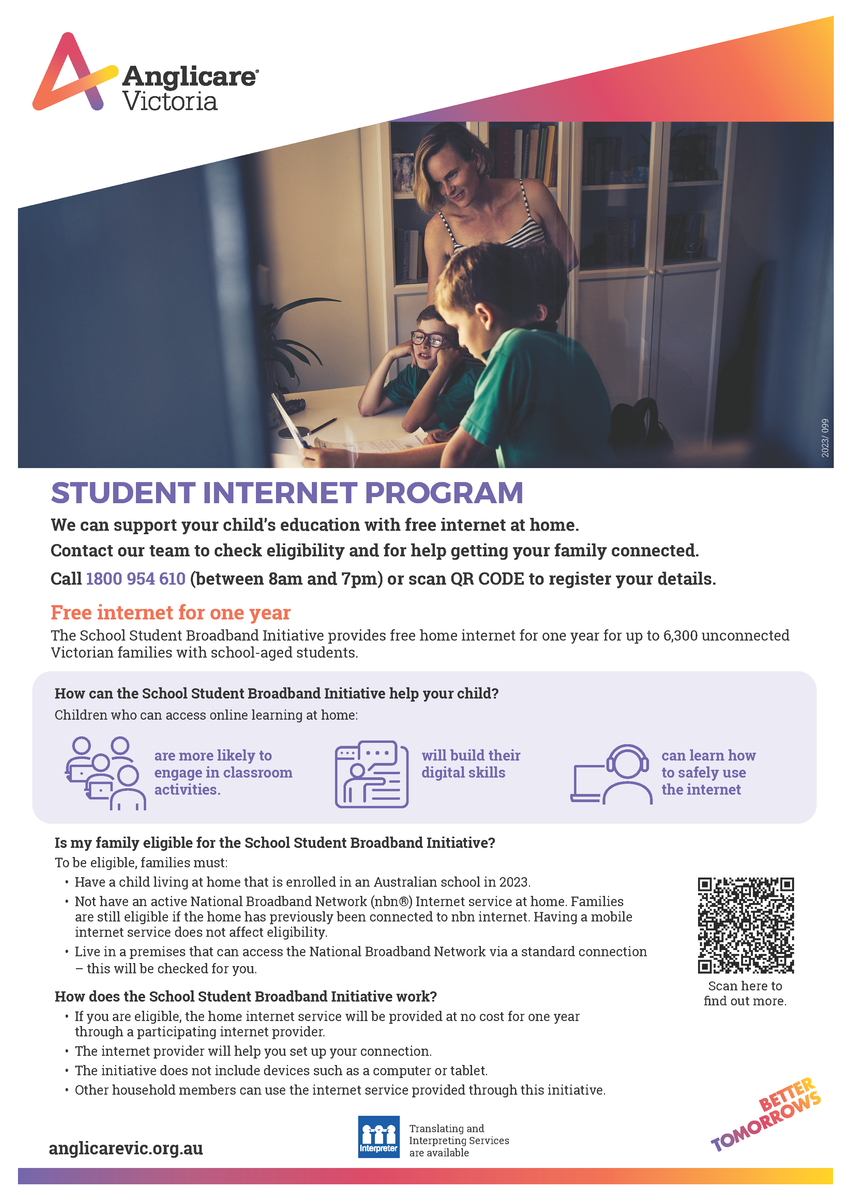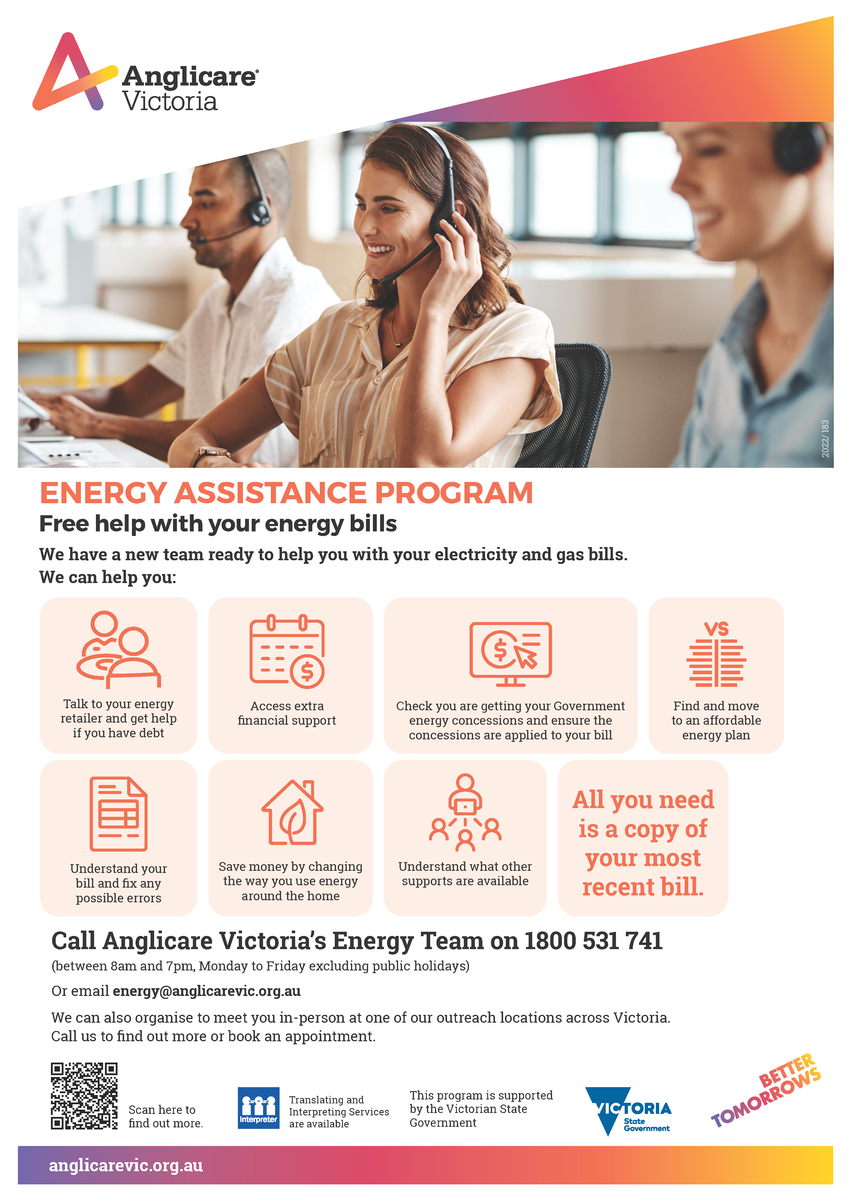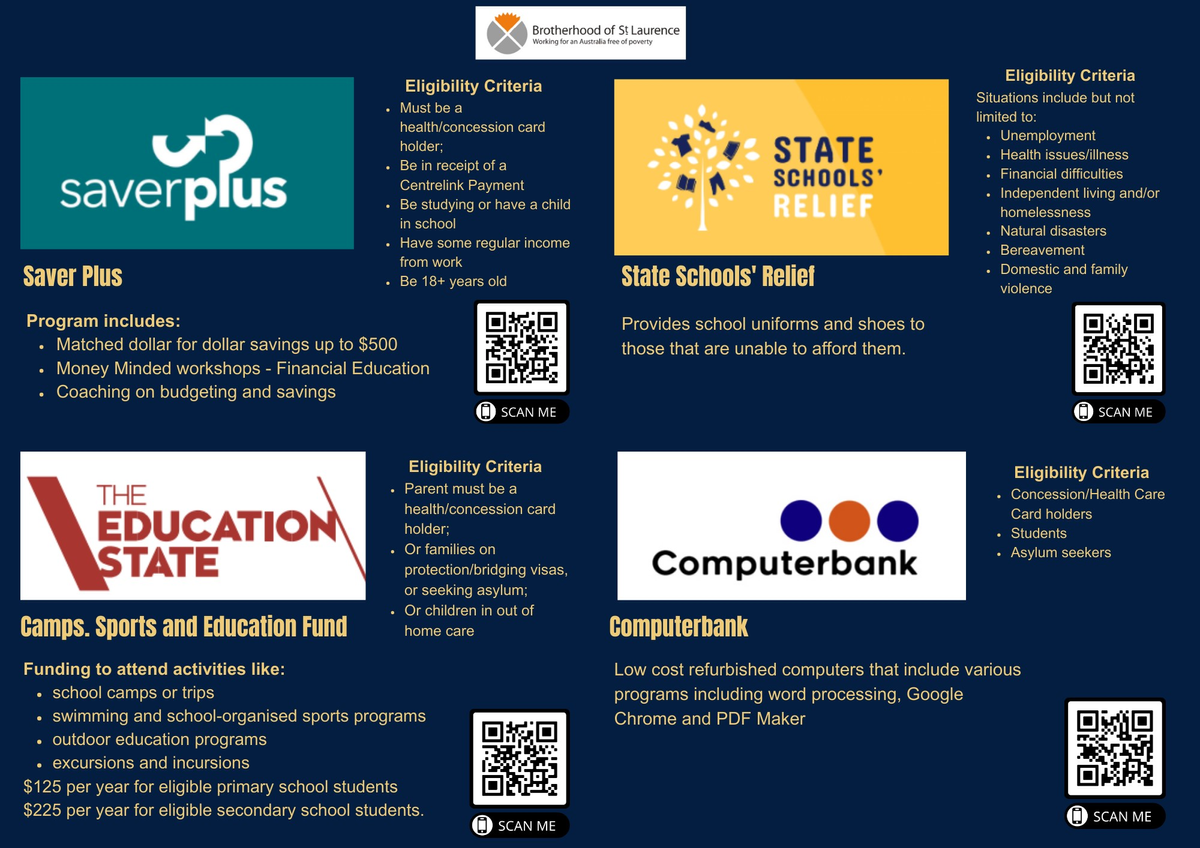Welfare

Respiratory syncytial virus (RSV)
Respiratory syncytial (sin-city-al) virus (RSV) is the most common cause of respiratory and breathing infections in children. It is a virus that causes infection of the lungs and breathing passages, and is one of the most frequent causes of the common cold.
RSV can affect people of all ages. Most children aged under two years have been infected by RSV at some stage, and it is possible to get RSV over and over again. Good hygiene habits can reduce the chance of your child getting the virus or passing it on to others.
Signs and symptoms of RSV
After exposure to the virus, your child may only develop symptoms around five days later. RSV in children is normally associated with mild to moderate cold-like symptoms, which generally last between eight and 15 days. If your child has RSV they may have some or all of the following symptoms:
- runny nose
- coughing
- wheezing
- fever.
RSV is a common cause of bronchiolitis and pneumonia in children under one year old. If your child has asthma, RSV is likely to trigger their asthma symptoms.
Care at home
Most cases of RSV are mild and can be treated with rest at home. If your child has RSV:
- Keep them home if they feel unwell. If they feel well and are not coughing and sneezing, they can continue with their normal activities (kindergarten, school etc.).
- Encourage your child to drink small amounts of fluids more frequently. If an infant has RSV, give them small amounts of fluid (breastmilk, formula or water) regularly.
- See our fact sheet Fever in children for advice on managing your child's fever if it is causing them discomfort.
When to see a doctor
Take your child to the GP if:
- they have a high temperature (fever) and do not look well
- their nose is filled with mucus and they are having difficulty feeding
- the cough becomes worse, or your child starts coughing up mucus
- your child is dehydrated
- they are a baby and refusing to breast or bottle feed and are irritable.
Call an ambulance or go to your nearest hospital emergency department if your child is turning blue, having trouble breathing, or is breathing very quickly.
After seeing your child, the doctor may ask to review your child again the following day. Take them back sooner if your child:
- is having more difficulty breathing or breathing faster
- is looking more unwell
- is not taking at least half of their normal fluids
- has a cough that is getting worse.
How is RSV spread?
Children with RSV are usually infectious (able to pass the virus onto others) for eight days from the start of their symptoms. RSV is very contagious and can live on surfaces for several hours, and on unwashed hands for 30–60 minutes. RSV spreads quickly and easily among children through coughing and sneezing, and sharing cups and other objects that have been in contact with the infected child's mouth, nose or eyes.
It can be difficult to stop the spread of RSV; however, practising good hygiene will help avoid passing any virus onto others.
- Don't allow children to share drinks, cutlery or toys (whenever possible) and ensure these items are cleaned thoroughly with soap and water between uses.
- Encourage your child to cough and sneeze into a tissue, then throw the tissue away.
- It is very important that you and/or your child wash their hands once they have blown their nose to stop the germs from spreading.
- Wash your hands after having any contact with someone who has symptoms of a cold.
If your child has RSV (or cold-like symptoms), it is important to keep them away from newborn babies or people who are immunocompromised (have a weakened immune system).
Key points to remember
- Respiratory syncytial virus (RSV) is the most common cause of respiratory and breathing infections in children.
- RSV is a common cause of bronchiolitis and pneumonia in children under one year old, and may trigger symptoms in children with asthma.
- Your child can go to school if they feel OK and are not spreading the virus via coughing or sneezing.
- RSV is very infectious, so good hygiene is important to avoid spreading the virus.
- Try to keep infected children away from newborn babies and people with weakened immune systems.
For more information
- Kids Health Info fact sheet: Fever in children
- Kids Health Info fact sheet: Pain relief for children
- Kids Health Info fact sheet: Asthma
- Kids Health Info fact sheet: Bronchiolitis
- Kids Health Info fact sheet: Pneumonia
- Kids Health Info fact sheet: Stopping the spread of germs
- Center for Disease Control and Prevention (US): Respiratory Syncytial Virus Infection (RSV)
- See your GP.
Common questions our doctors are asked
What's the difference between a cold and RSV?
RSV is one of many viruses that causes the common cold, and it can be hard to tell which virus your child has. It doesn't really matter if we know which virus it is, because treatment is the same – plenty of rest and fluids, and no antibiotics, because antibiotics don't work on viruses. However, RSV can lead to other problems in some children, including bronchiolitis and pneumonia. It can also worsen existing problems, like asthma.
Is there a vaccine to prevent RSV?
There is currently no vaccine to prevent RSV. However, researchers are working towards developing vaccines and antiviral therapies to help protect infants and young children, as well as pregnant women, from severe RSV infection. If your child were to contract RSV a second time in the same season, their illness is likely to be more mild than the first episode.
Developed by The Royal Children's Hospital Infection Control department. We acknowledge the input of RCH consumers and carers.
Reviewed May 2018.
This information is awaiting routine review. Please always seek the most recent advice from a registered and practising clinician.
Kids Health Info is supported by The Royal Children’s Hospital Foundation. To donate, visit www.rchfoundation.org.au.
Families Experiencing Financial Pressures
Take a look at the link below and find the resources you need to give you a helping hand.
Put your postcode in to see the organisations within your area.
Also a reminder that you can access the Power Saving Bonus Program - get $250 off your electrical bill.
https://compare.energy.vic.gov.au/psb-faq



